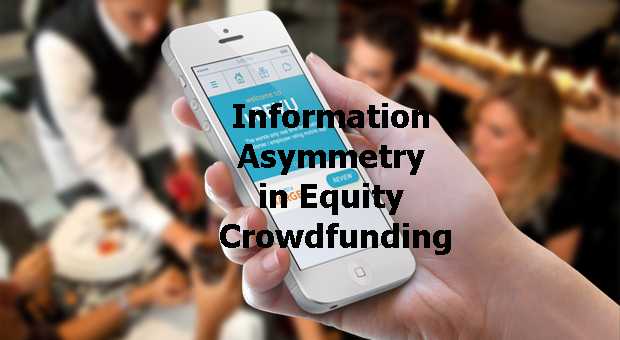When it comes to equity-based crowdfunding, start-up investments are characterized by a high degree of information asymmetry between the entrepreneur and the investors.
To obtain a positive return, investors need to accurately assess both the qualifications and ability of an entrepreneur. They also need to accurately assess the potential of the entrepreneur’s idea.
Traditional institutional investors (venture capitalists and angel investors) are professionals who have the expertise and experience necessary to evaluate potential investment opportunities. These institutional investors frequently make a trip to visit the founder and his team to assess the management and to get a physical demo of the product.
Institutional investors are what are know as smart money investors
In contrast, crowdfunders are typically known as retail investors or dumb money investors. They have relatively limited experience or resources to support their evaluation of new ventures.
Making matters worse, crowdfunding investors are often geographically separated and rarely, if ever, meet the founder or get their hands on a demonstration to make their evaluation. They are therefore often forced to rely upon the material presented as part of the campaign alone.
Therefore, evaluating investments in an equity-based crowdfunding campaign is a much greater challenge.
How can you overcome the information asymmetry associated with equity crowdfunding?
Related: Crowdfunding Navigator












